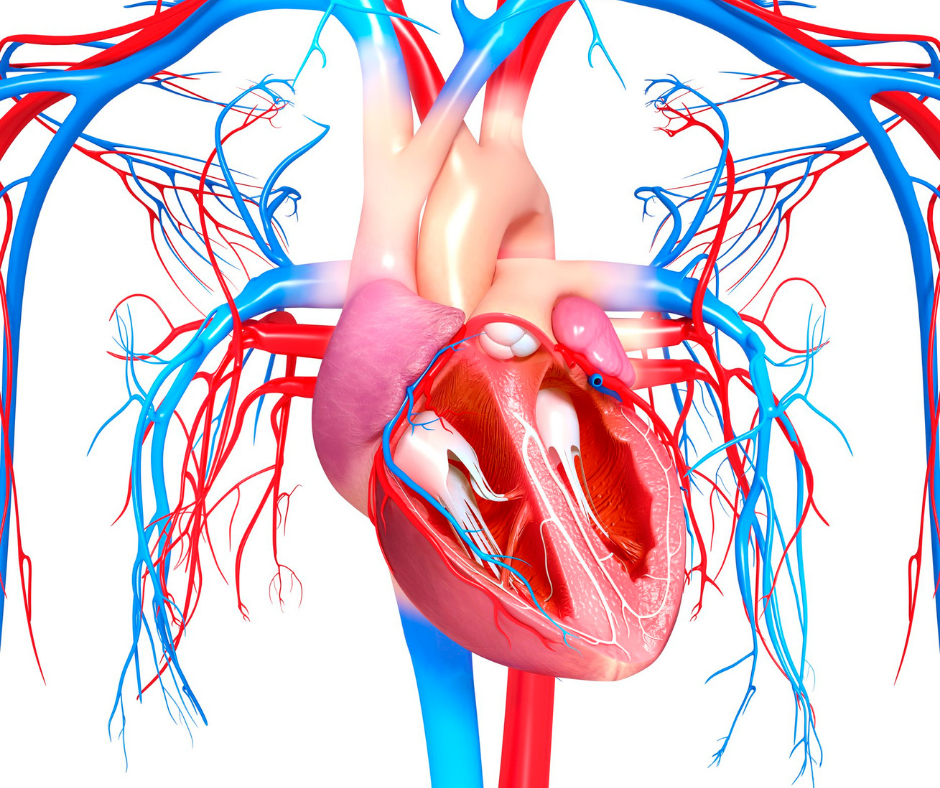Most people are aware of the importance of keeping your overall heart health in check–with regular exercise, eating a balanced diet, and maintaining good blood pressure. But what about your heart valves?
They are the intricate structures deep inside the heart muscle that are essential for its proper functioning. If they are damaged or deteriorate, serious problems could occur, and your overall heart health could be in jeopardy.
CTVS has more than 65 years of experience treating heart valves and other cardiothoracic issues.
How many heart valves are there and how do they work?
The heart is made up of four distinct chambers with four separate valves dedicated to pumping blood steadily in one continuous direction through all of them. They are the:
- Tricuspid valve (between the right atrium and right ventricle)
- Pulmonary valve (between the right ventricle and pulmonary artery)
- Mitral valve (between the left atrium and left ventricle)
- Aortic valve (between the left ventricle and aorta)
A healthy heart valve opens and closes fully with each heartbeat propelling blood forward. A poorly functioning valve that does not contract and close completely can cause a backflow of blood (or a leak) within the heart and result in sometimes serious conditions such as stenosis, regurgitation, or prolapse.
What causes a heart valve to malfunction?
Some heart valves are defective at birth (a congenital heart defect) or malfunction due to a serious illness or virus such as rheumatic fever.
For many others though, heart valve problems are associated with age known as degenerative valve disease. Over time, the heart valve can weaken and lose elasticity so that it does not close correctly and leaks. In other age-related cases, calcium can accumulate on the valves affecting function.
If a valve is leaky or stenotic, it requires the heart to work harder putting a great deal of stress on it. According to the CDC, approximately 2.5% of older adults suffer from heart valve disease.
How is a heart valve defect or disease treated?
Depending on the severity of the case, heart valves can be treated with medication or they can be surgically repaired or replaced. Surgical repair involves working with the patient’s own existing valve to restore functionality, and replacement means a new valve is swapped out for the damaged one.
According to CTVS board-certified cardiothoracic surgeon and heart valve specialist, Dr. Robert Neely, “in general, if you can repair someone’s native valve, and it’s durable, that’s preferred.”
If the valve is not repairable, it must be replaced with either one of these:
- Tissue valve, or
- Mechanical valve
Dr. Neely says that there are pros and cons to each type of replacement valve.
“Tissue valves are great valves, and patients don’t have to take blood thinners; but they don’t last as long as mechanical valves.”
On the other hand, “mechanical valves require blood thinners but the benefit is that they’re durable and should last a long time.” Dr. Neely cautions that the risk associated with blood thinners could be dangerous and cause excessive bleeding in the event of a serious injury.
Stay tuned for more in our next blog on heart valve repair and replacement…
If you have concerns about heart valve disease, repair or replacement, please visit ctvstexas.com or call us at (512) 459-8753 to schedule an appointment with one of our board-certified specialists.
Don’t forget to follow us on Facebook and Twitter and check our blog for regular updates.

